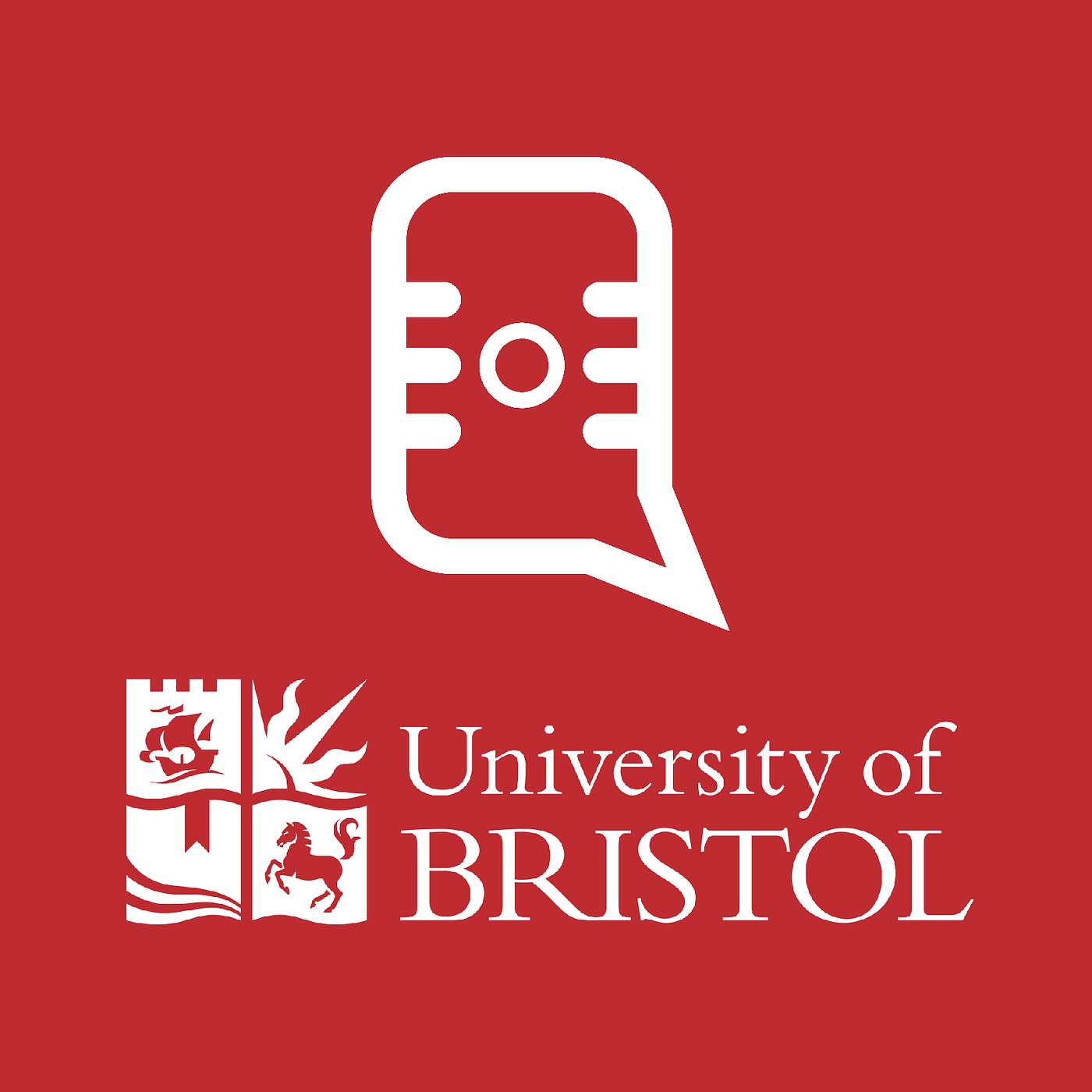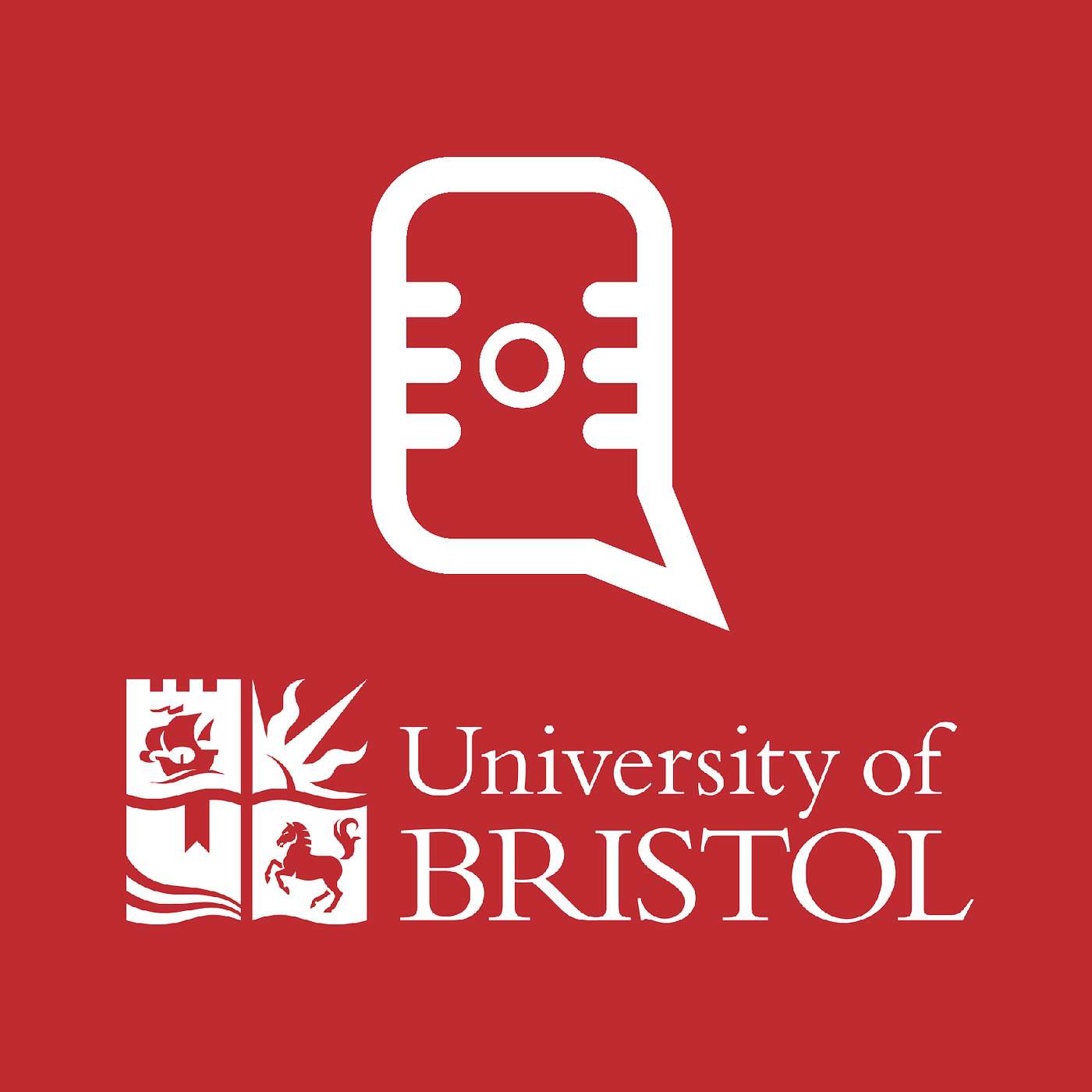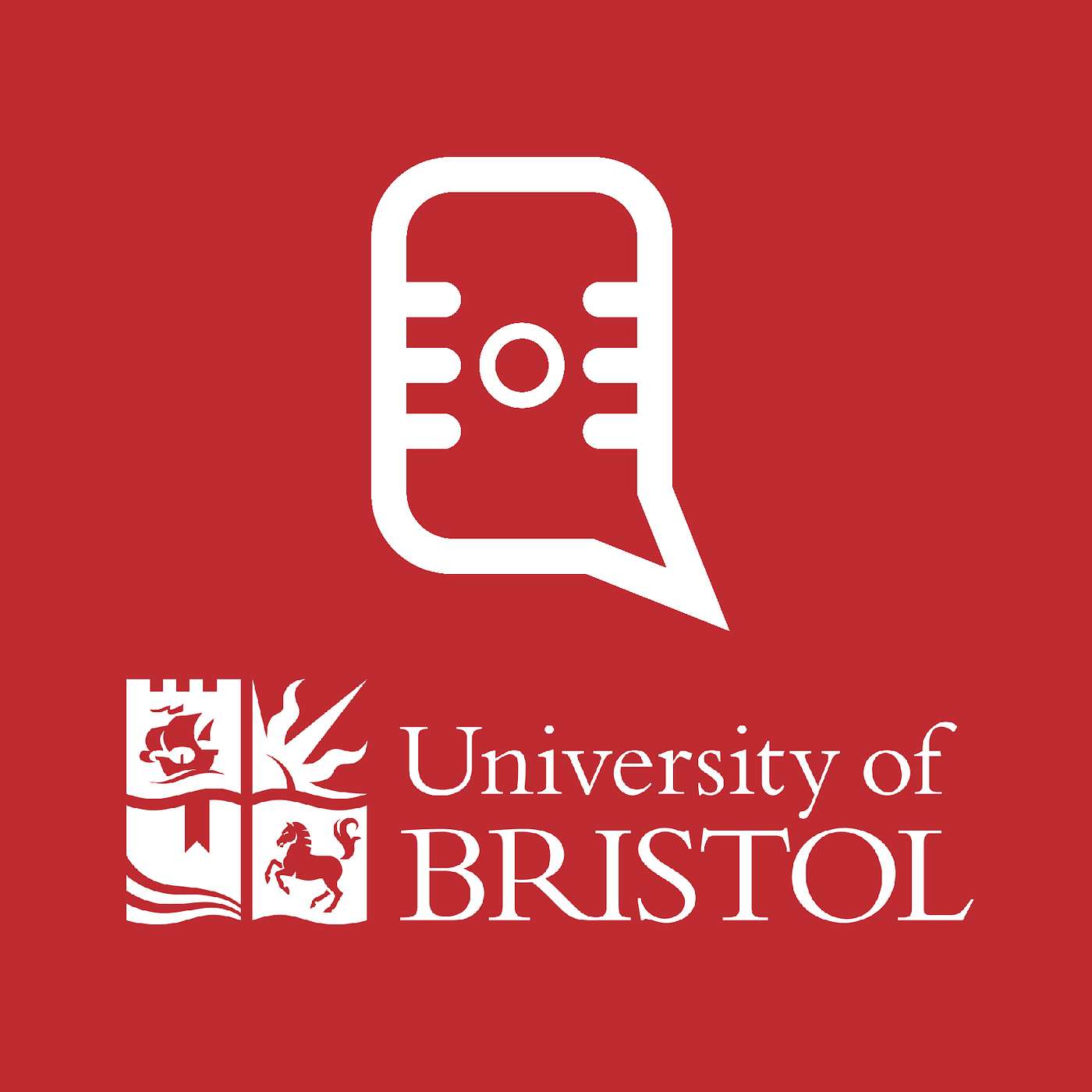Discover ResearchPod
ResearchPod

ResearchPod
Author: ResearchPod
Subscribed: 38Played: 951Subscribe
Share
© 2025 ResearchPod
Description
ResearchPod science podcasts connect the research community to a global audience of peers and the public, raising visibility and impact. www.researchpod.org. All content is shared under the Creative Commons CCBY-NC-ND 4.0 licence. For further information, email contact@researchpod.org
491 Episodes
Reverse
Join Professor Michelle Barbour in this captivating conversation with Professor Marc Holderied from the University of Bristol’s School of Biological Sciences. Discover how a serendipitous encounter with a fluffy moth in Costa Rica sparked a 30-year scientific journey that led to the development of ultra-thin, nature-inspired sound-absorbing materials. 🎙️ In this episode follow Marc’s path to Bristol and his passion for acoustics including: Fascinating collaborations with Bristol Zoo, i...
This is the third in a series of three podcasts exploring ‘Claiming Tomorrow – Sociodigital Futures in the Making.’ 'Who is making claims over sociodigital futures' looks at which actors are making futures claims. Should we pay heed to government announcements around the capabilities of AI and how it will change our lives? Can any single actor make such sweeping generalisations when there are many possible futures in front of us? Hear from Dale Southerton, Susan Halford and Helen Manchester i...
This is the first of three podcasts exploring ‘Claiming Tomorrow – Sociodigital Futures in the Making.’ We are addressing the research question ‘What sociodigital futures are being claimed and made, and how, by which actors, across key areas of social life?’ Each of the three podcasts will address What, How and Who. In this episode we hear from Debbie Watson, David Evans, Bridget Anderson and Rich Hemming as they discuss what defines futures. Futures are multiple, and we explore if they...
This second of three podcasts exploring ‘Claiming Tomorrow – Sociodigital Futures in the Making' is asking 'How are sociodigital futures being claimed?' Claims about the future shape government policies, shape investments that are made by companies, and how all of us think about our lives. But how are these claims being made? Listen to Susan Halford, Jessica Pykett, Debbie Watson, Paul Clarke and Beckie Coleman as they explore this timely subject. This podcast is brought to you by the C...
Littering is a global issue with serious environmental and economic impacts. But, what drives people to act responsibly? Sonny Rosenthal from Singapore Management University and Pengya Ai, a PhD student from Nanyang Technological University are interested in how social norms shape pro-environmental behaviour. Their research reveals how descriptive norms (what people do) and injunctive norms (what people should do) interact with personal responsibility, challenging assumptions about collective...
Green innovation is often seen as the key to sustainable growth. But, not all eco-technologies deliver the same results. Cheng Qiang from Singapore Management University examines how pollution prevention and pollution control impact firms’ profitability and environmental performance, revealing why prevention strategies offer greater financial and environmental returns. Read the original research: doi.org/10.1016/j.jacceco.2024.101706
Can CRISPR help build a unified platform for biological discovery? Dr Kaivalya Shevade from the Laboratory for Genomics Research (UCSF) is developing new CRISPR-based screening methods to map gene networks, understand drug resistance, and track neuronal activity in disease. The research team’s innovations, including the CAT-ATAC assay and the Plexus machine learning model, show how combining biology with computation could accelerate the search for new treatments. Read the original res...
How does financial transparency affect how CEO’s themselves are paid? Young Jun Cho and Hojun Seo investigate how the introduction of SFAS 131, requiring companies to report performance by business segments, impacts equity-based compensation. Their research reveals that more granular disclosure reduces the need for stock-based incentives, especially in firms with weak internal oversight, but strong external scrutiny. The findings show how reporting rules can act as powerful tools of corporate...
10 years is a long time in politics. In 2015, Javier Milei was a professor of economics making occasional appearances on Argentinian TV programmes. Today, he is more commonly seen wielding prop chainsaws as Argentina's Libertarian president. Dr Sara Garcia Santamaria of the University of Bristol speaks with as again about masculinity, memeability, and Milei's version of and populism through the lens of Carnivale. After all, what's a strongman without a circus? Find more of Dr Santamaria's wo...
Changing political tides across the globe are inextricably linked to the use of social media and internet based messaging. But something as simple as a photo of your lunch can't be part of the same spin... Right? Dr Sara Garcia Santa Maria from the University of Bristol joins us to discuss her research into diet, culture and social media among populist politicians. Read the original article: https://doi.org/10.51698/tripodos.2020.49p129-149 Posing with the People: Food Porn and the Far-...
It is increasingly proclaimed that the world is in a polycrisis, a term and set of assumptions which have become a moniker for our times; a moment where multiple crises converge, requiring urgent attention and a future-focused solution. For influential organisations the polycrisis concept makes problems of uncertainty accessible to foresight-informed solutions. Yet foresight frames frequently foreclose the kinds of futures knowledge delivered and sustain a consultancy-led futures industry.&nb...
Professor Marcus du Sautoy, Simonyi Professor for the Public Understanding of Science at the University of Oxford, has been long credited for his efforts to popularise science – particularly mathematics and related subjects. Here, he discusses his motivation for popularising mathematics and the balance between his academic research and public engagement, and explores the challenges and goals of democratising science. Emphasising the importance of informed decision-making on complex issues lik...
In trying times, we all look for leadership. But leadership skills have to come from somewhere. Understanding how, where and why these skills develop is an important part of the continuing journey to more inclusive and collaborative leadership practice. Dr Nicola Patterson, Dr Amy Stabler and Professor Sharon Mavin discuss the programme they lead at Newcastle University Business School. The MSc in Strategic Leadership course seeks to engage with leadership learners in a cri...
How do analysts respond to company forecasts during mergers? Dr Ahmad Ismail from the American University of Beirut analyses over 2,000 U.S. takeovers to find out. His research shows that analysts are more likely to revise earnings upwards when companies forecast large cost-saving synergies, and when led by level-headed CEOs. These revisions often predict real market gains, pointing to a clear investment signal. Read more research: researchgate/Ahmad-Ismail
What can film reviews tell us about gender bias in the movie industry? Dr Wael Khreich from the American University of Beirut explores this question with Genderly, a custom-built AI tool that analyses the language of 17,000 professional reviews. His findings reveal that female-led films are far more likely to be judged through a biased lens—subtly and overtly reinforcing stereotypes. This research sheds light on how language shapes perception, influences careers, and contributes to broader so...
Communication shapes the mediation process, influencing trust, negotiation dynamics, and dispute resolution outcomes. Associate Professor Dorcas Quek Anderson from Singapore Management University explores how different communication modes – face-to-face meetings, video-conferencing, audio communication, and text messaging – affect mediation effectiveness. Her research highlights the strengths and limitations of each mode, offering a framework to help mediators choose the right approach for di...
What makes open societies more resilient in the face of global crises like climate change and artificial intelligence? Stefan Brunnhuber of the World Academy of Art and Science unpacks why open societies—rooted in critical thinking, civic freedom, and institutional balance—hold the key to thriving in the 21st century, while autocracies remain reliant on the very systems they oppose. Visit the World Academy of Art and Science website: worldacademy.org Read more: amazon.co.uk/Stefan-Brunnhuber
Heating and cooling our homes, workplaces and public spaces is a source of constant effort, and expense. What can new technologies offer to help hold warmth, or aid air circulation? What if one solution could do both? Dr Miren Juaristi Gutierrez from Eurac Research in Bolzano, Italy, joins us to discuss innovative architectural features that could save energy, money, and carbon in future designs. Find more at : https://zeraf-technology.eu/
What impact does artificial intelligence have on the evolution of consciousness, and could it mark the beginning of a new form of awareness beyond the human? Stefan Brunnhuber of the World Academy of Art and Science explores how AI, as a transformative technology, reshapes not only society but the filters through which we perceive modern life — bridging biology, cognition, and cosmic consciousness. Visit the World Academy of Art and Science website: worldacademy.org Read more: amazon.co.uk/St...
Space is a key feature of social life. But does the digitalisation of society affect its spatial dimensions, and if so, how? In this podcast, Leverhulme Visiting Professor Theodore Schatzki discusses his work exploring digitality, different types of space and notions of virtual realities, such as cyber space. With Dale Southerton and Leverhulme Visiting Professor Theordore Schatzki. This podcast is brought to you by the Centre for Sociodigital Futures – a flagship research centre, funde...


















